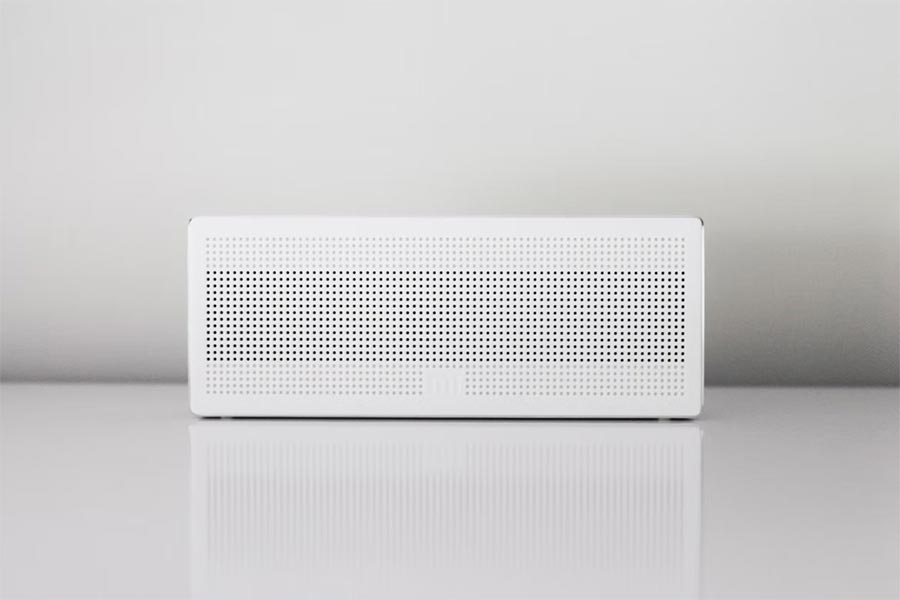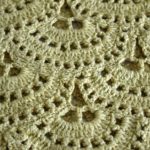If you are like most people, you probably don’t think about air filters until you have to replace the ones in your car. However, air filters are an important part of our lives and should be given some consideration year-round. In this blog post, we will provide a useful air filter buying guide to help you understand the different types of filters available and how to choose the right one for your needs.
Type Of Air Filter
The three types of filters are mechanical filters, activated carbon filters, and electronic air purifiers. Each type has its benefits and drawbacks. Mechanical filters are the most common type of filter. Seasoned professionals from Filter Buy use a mesh or screen to trap particles in the air. The screens can be cleaned or replaced as needed. Mechanical filters are effective at trapping large particles, but they do not remove smaller particles or chemical pollutants from the air.
Activated carbon filters use charcoal to remove small particles and chemicals from the air. The charcoal is porous so it absorbs pollutants. Activated carbon filters work well at removing odors and VOCs (volatile organic compounds). However, they are not effective at removing large particles from the air. Electronic air purifiers use a fan to draw in polluted air. The air is then passed through a series of filters, including an activated carbon filter, to remove pollutants. Electronic air purifiers are effective at removing small and large particles, as well as VOCs and other chemicals. However, they can be expensive to purchase and operate.
MERV Rating
When looking to buy an air filter, it’s important to consider the MERV rating. The MERV rating is a measure of how effective the air filter is at removing particles from the air. The higher the MERV rating, the more particles the air filter will remove from the air.
There are several different MERV ratings available, so it’s important to choose one that is appropriate for your needs. If you’re looking for a general-purpose air filter, a MERV rating of between six and eight should be sufficient. If you have allergies or asthma, you may need a higher MERV rating. It’s also important to remember that the higher the MERV rating, the more expensive the air filter will be.
Size
When it comes to size, air filters come in a variety of shapes and sizes. Make sure to get the right size for your furnace or air conditioner. If it is too small, it will not work properly. If it is too large, it will take up more space than needed and could be inefficient. Be sure to measure the area where the filter will go before you buy one.
Size is an important factor when choosing an air filter. Air filters come in a variety of shapes and sizes, so make sure to get the right size for your furnace or air conditioner. If the filter is too small, it will not work properly. If the filter is too large, it will take up more space than needed and could be inefficient. Be sure to measure the area where the filter will go before you buy one.
Price
When it comes to price, you get what you pay for. Air filters can be expensive, but it is worth the investment to protect your family from potential health risks. Make sure to compare prices before making a purchase and opt for a high-quality filter that will last. Cheap filters may need to be replaced more often, which can end up costing you more in the long run. Some filters also come with a warranty, so be sure to ask about that before you buy.
Location
When it comes to air filters, you’ll want to consider the location of the filter in your home. If you have pets, you’ll want to get a filter that is located near your pet’s favorite sleeping spot. This will help reduce the amount of pet hair and dander in your home. You should also consider the climate where you live. If you live in a dry climate, you’ll need a filter with a higher MERV rating than someone who lives in a humid climate. Be sure to speak with an HVAC technician to find out which type of air filter is best for your home.
Maintenance
A dirty air filter not only impedes airflow and reduces the system’s efficiency, but it also can cause dirt and dust to build upon the evaporator coil. This will decrease the coil’s heat-transfer ability and could lead to compressor failure. The best way to prevent these problems is by changing your air filter every month. Some filters can last up to three months, but it’s always a good idea to check the manufacturer’s recommendations.

When looking to buy an air filter, it is important to consider the size of the unit, the type of filter media, and the airflow rate. Be sure to choose a unit that is the right size for your needs and can handle the amount of airflow required. Also, be sure to select a filter media that will remove the desired contaminants from the air.
















You must be logged in to post a comment.